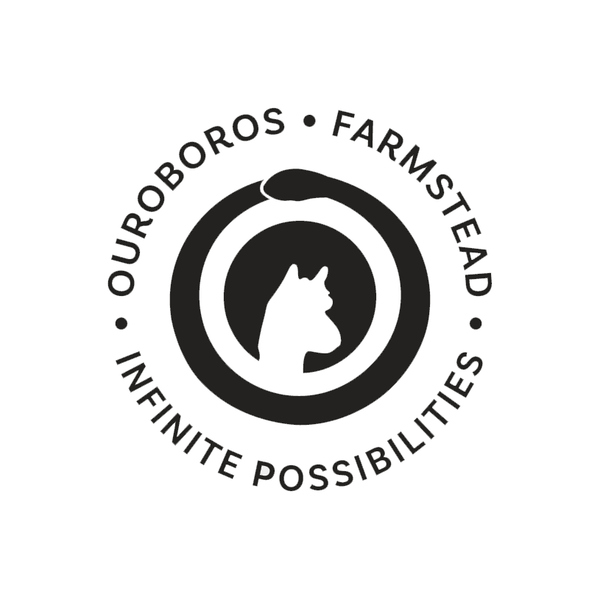About Regenerative Agriculture
Regenerative agriculture in practice
Regenerative agriculture is a farming approach that aims to improve soil health, increase biodiversity, and restore ecosystem function. It is a holistic system that recognizes the interconnectedness of soil, plants, animals, and the environment, and it seeks to create a regenerative farming system that not only produces food and fiber but also improves the health of the soil, water, and air.
At its core, regenerative agriculture is based on the principles of agroecology and soil health. Agroecology is the study of ecological processes that occur in agriculture systems, and it emphasizes the importance of creating a farming system that is diverse, resilient, and sustainable. Soil health is also a key principle of regenerative agriculture, as healthy soil is the foundation of a healthy ecosystem. Regenerative agriculture focuses on practices that build soil health, such as crop rotation, cover cropping, reduced tillage, and the use of natural fertilizers.
One of the key concepts in regenerative agriculture is the idea of "regenerative cycles." Regenerative cycles are the processes by which nutrients and energy are cycled through the farming system. For example, in a regenerative system, crops are grown using natural fertilizers, such as compost or animal manure. After the harvest, the crop residue is left on the field to decompose, adding organic matter to the soil. This organic matter feeds soil microbes, which in turn make nutrients available to the plants. The plants then take up these nutrients and produce a harvest, completing the regenerative cycle.
Another important concept in regenerative agriculture is biodiversity. A diverse farming system is more resilient to pests, diseases, and extreme weather events, and it provides habitat for a variety of beneficial insects and animals. Regenerative agriculture emphasizes the use of diverse crop rotations, cover crops, and agroforestry systems to create a diverse and resilient farming system.
Regenerative agriculture also emphasizes the importance of reducing inputs and minimizing waste. Inputs such as synthetic fertilizers and pesticides can be harmful to the environment and reduce soil health over time. Regenerative farmers focus on reducing the use of inputs by relying on natural fertilizers and pest management techniques, such as companion planting and integrated pest management. They also aim to minimize waste by using all parts of the harvest, such as using crop residues for animal feed or using animal manure to fertilize crops.
Overall, regenerative agriculture is a holistic approach to farming that focuses on improving soil health, increasing biodiversity, and restoring ecosystem function. It emphasizes practices that build soil health, reduce inputs, and minimize waste, creating a farming system that is sustainable, resilient, and regenerative for generations to come.
